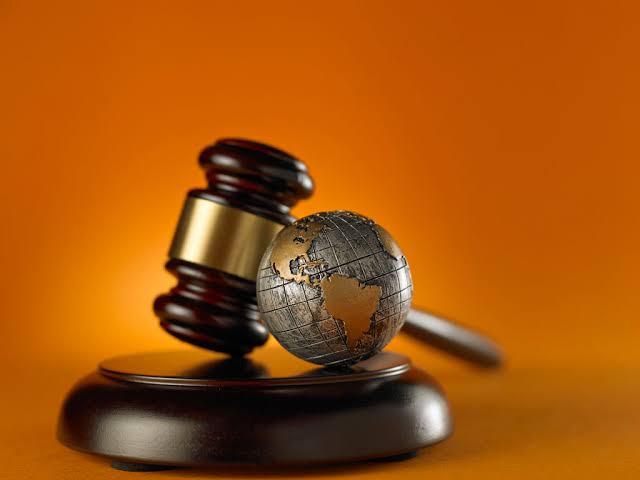
By Daniel Kelechi

“Without justice, there can be no peace,” declared American social justice icon, Rev. Martin Luther King Jr., outside a California prison in 1967. This sentiment resonates profoundly in Nigeria, a nation grappling with systemic injustice that hampers its peace and progress. Daniel Kelechi delves into Nigeria’s persistent struggle for justice amid an unjust environment.
It is now over three years since the alleged Lekki Toll Gate Massacre took place. The alleged shooting of unarmed peaceful protesters at Lekki Toll Gate was regrettably one of the worst State-sanctioned crimes against humanity. Despite public outcry and the quest for justice for the victims of #Endsars, justice seems to be far away or something that will never happen, as the state has consistently maintained that nobody died at the Lekki Toll Gate on 20th October 2020.
Also not forgotten is the case of a 14-year-old student of Premier College, Abuja, Keren-Happuch Aondodoo. Aondodoo contracted sepsis after she was allegedly raped in her boarding school and died on June 22, 2021, from medical complications caused by a condom that was left inside her private part after the incident. It has been over two years since this ugly incident happened, and justice has yet to be served. All those who cried out for justice on her behalf seem to have moved on.
The problem of lack of justice in Nigeria did not start until recently. One of the most infamous assassinations in Nigeria is that of Chief Bola Ige. The sage had his last breath on Dec. 23, 2001, following his assassination by yet-to-be-identified individuals in Solemilia Court, No 8, Akinlabi Sanda Close, Bodija in Ibadan, Oyo State. The gruesome murder also led to the sudden death of Atinuke, his wife, and destabilised his family. 22 years later, his killers have not been identified, not to talk of justice being served.
Also on the line of unaccounted death is Chief Funsho Williams. A promising politician who rose to prominence in Lagos politics but was sent to an early grave by yet-to-be-identified assassins. Funsho Williams was murdered on the 27th of July, 2006, in what seemed to be a political assassination, and up to date, nothing has been done to unravel those behind the killing of such a gentleman. The question that has continued to resurface occasionally is, “Who killed Funsho Williams?”
An Associate Professor of Sociology at the University of Lagos (UNILAG), Dr. Pius Adejo, spoke on why Nigerians quickly move on from justice, which is complicated. “The question is, do Nigerians know what justice is? Have we seen justice done in a long while? How many of us know what it means to be just or what justice stands for when every day, injustice has become normalised in our environment?” Adejo said.
He went further to say that Nigerians cannot seek justice because they feel that what has been happening to others does not affect them directly and that, in most cases, we view justice issues from an ethnic and religious perspective. Hence, we’re unable to seek justice at all costs.
He also pointed out that the university system has failed to inculcate the habit of seeking justice in students. He pointed out how student unions were vibrant in the 70s and 80s and always on the move to seek justice.
Adejo further said that civil society is no longer what it used to be and that the government has succeeded in weakening institutions that may hold them responsible and ask for justice.
“The government has made everybody hungry so it is now a question of survival and that’s why I said that the problem is complicated. The only way out is for everybody to understand the need for justice. The media have not also lived up to expectations so they must wake up and we all must collectively condemn injustice as injustice anywhere is a threat to justice everywhere.”
For a nation to experience justice, the judiciary has a crucial role to play. Still, as is the case with Nigeria, the judiciary is not anything different from the police and other individuals who wield state power. Retired Supreme Court Justice Dattijo Mohammed captured the situation of justice in Nigeria in his valedictory speech, thus
“This is not the judiciary I loved and aspired to serve in!” Not only did he worry about the administration of justice, but he opined that justice was no longer being served to the Nigerian people by the current judiciary as it is currently constituted.
As the third arm of government in a democracy, the judiciary ought to be impartial and independent and vigorously pursue justice for all. If democracy must prevail and grow, the judiciary must be trusted, worthy, and respected for its integrity and impartiality. Democracy is endangered when citizens can no longer get justice at the temple of justice.
Like Lord Hewart, one of the greatest legal luminaries of all times, observed, “It is not merely of some importance but is of fundamental importance that justice should not only be done but should manifestly and undoubtedly seen to be done.”
The path forward demands a comprehensive transformation: a complete revamp of the Police Force, an overhaul of the judiciary, and a profound cultural shift among Nigerians. We must aspire to create a society that values every life, actively rejecting all forms of injustice.

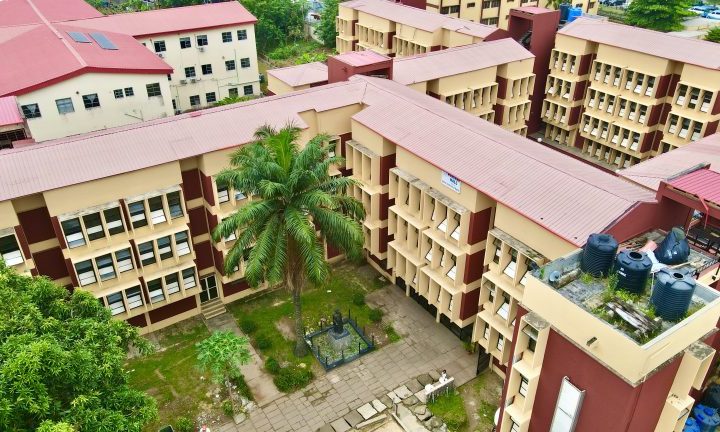
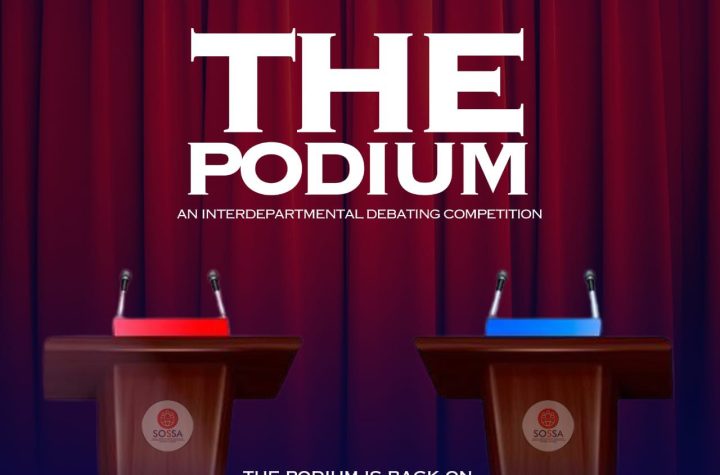
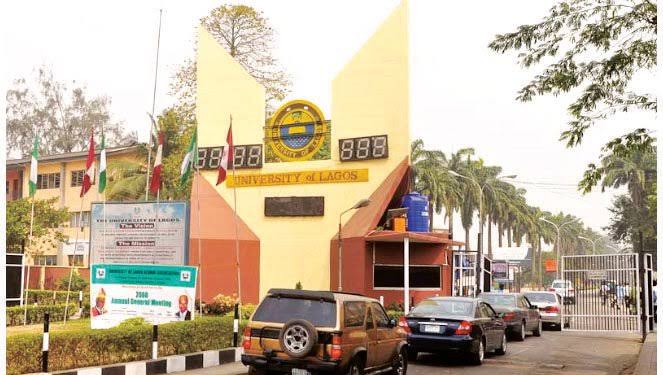
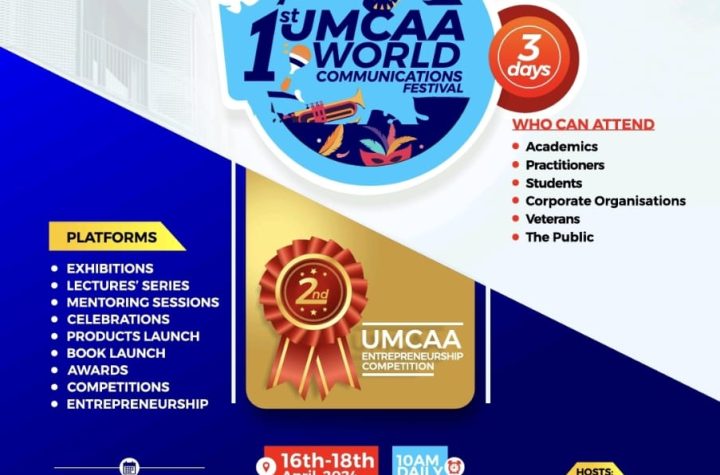
More Stories
Mass Comm First Class Graduates: How Single Steps led to Triumph
Smart money moves: Exploring Side Hustles For Students Seeking Passive Income
The ABC of being NYSC Ready